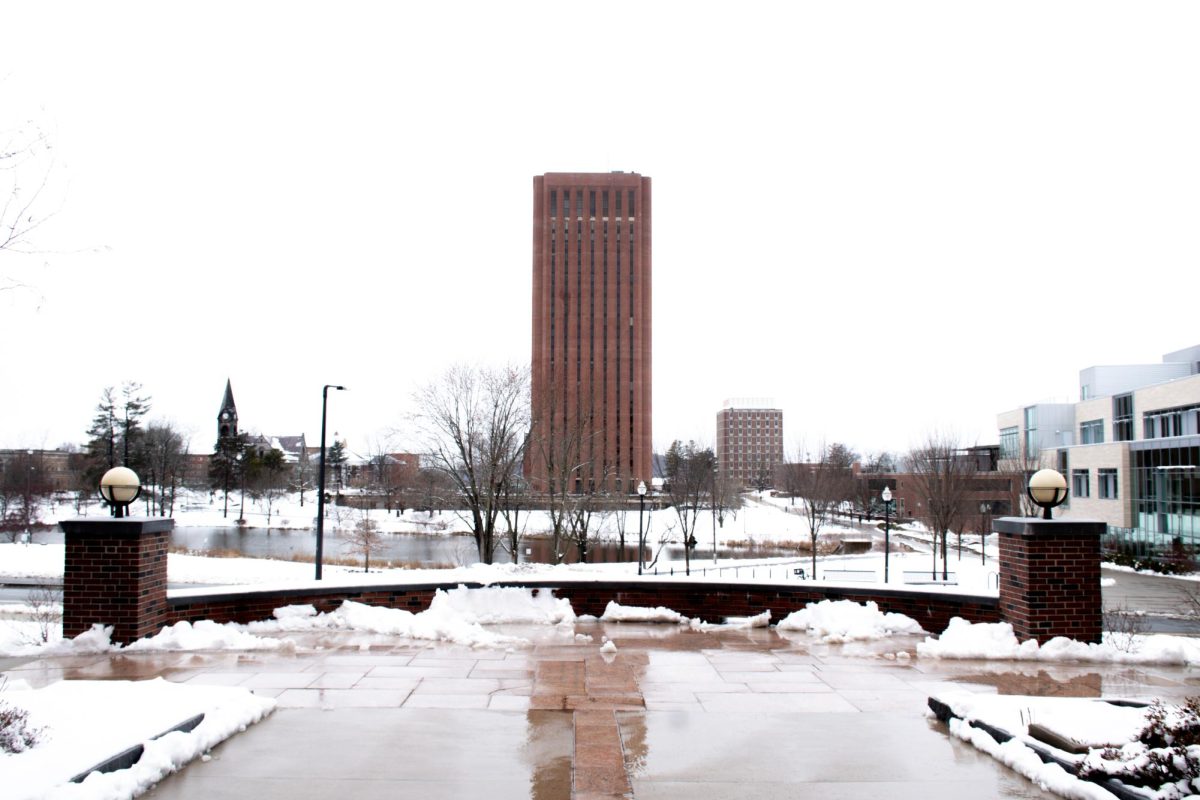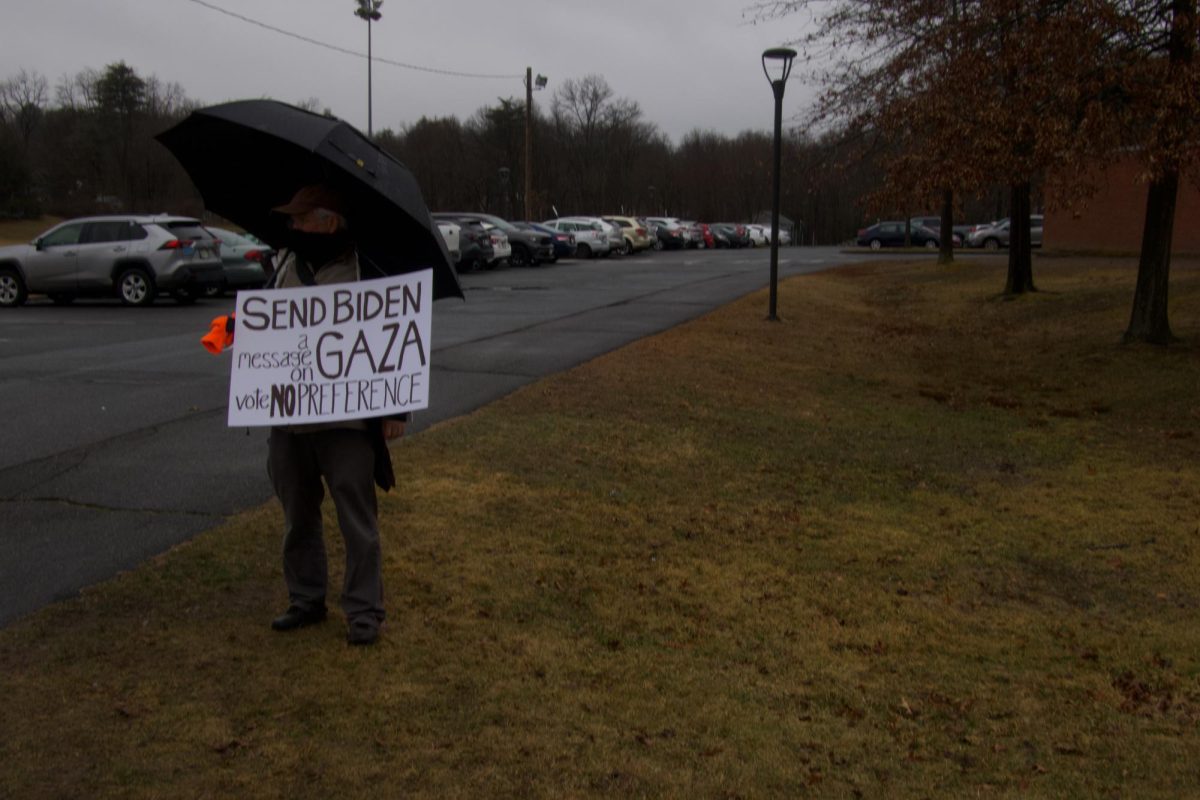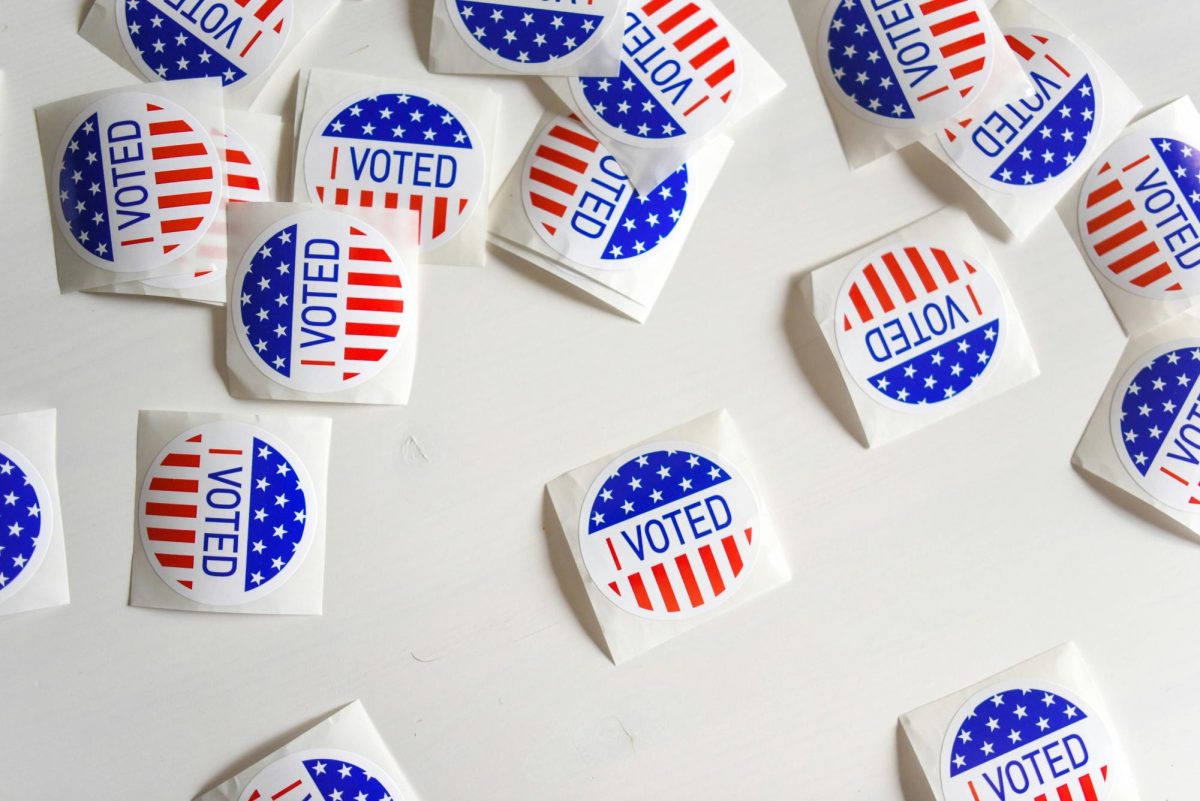
As part of President Barack Obama’s ongoing plan to boost college graduation rates nationwide, Vice President Joe Biden Monday hosted his first-annual “Building a Grad Nation Summit,” in Washington, D.C., at which he asked the governors of each state to hold their own college completion forums and released a college completion tool kit offering ideas for ways to boost graduation rates.
“Right now we’ve got an education system that works like a funnel when we need it to work like a pipeline,” said Biden in remarks forwarded from the White House Office of Media Affairs. “We have to make the same commitment to getting folks across the graduation stage that we did to getting them into the registrar’s office.”
One element of President Obama’s call to “win the future” over the last several months has been a call to reshape America into an education capital, in part by launching a push aiming to make America the nation with the highest proportion of college graduates in the world by 2020. To reach that goal, according to White House figures, the U.S. will need to increase its number of college graduates by 50 percent, or roughly eight million additional graduates by 2020.
Secretary of Education Arne Duncan cited a familiar number in calling for reform and making graduating more college students a priority; in his opening remarks at the summit, he told the crowd that “America once led the world in the number of college graduates it produces, and now we’ve fallen to ninth.”
Duncan emphasized the need for an educational overhaul to make America more economically competitive.
“While our educational advancement stalled, other countries have passed us by,” he said. “We need to educate our way to a better economy.”
The Obama administration is calling on state lawmakers to help it reach these goals. As part of the college completion push, the administration has calculated each state’s share of the 2020 graduation goal, and has delivered to governors a college completion tool kit suggesting policy changes and moves which the White House believes will help boost graduation rates.
According to the White House statement, “The toolkit identifies seven no-cost or low-cost strategies that governors can use, 15 related action steps and a series of existing federal resource streams from which to draw.” Included in the kit are streamlined policies for reconciling standards for graduating high school and placement in college courses, steps to tailor state funding to state colleges and universities’ facility in increasing graduation rates, steps aiming to ease the transfer process for students and ideas for reconnecting adults with some college experience but no degree to educational opportunities.
Duncan stressed that he believes the best jobs of the future will be where the most educated workforce is.
“The best jobs and fastest growing firms, whether in biosciences, technology, manufacturing, trade or entertainment, will gravitate to countries, communities and states with a highly-qualified workforce,” he said. “In order for America to lead the world, every governor will have to lead the way at home.”
Obama’s administration is also attempting to make financial incentives available to states willing to change their educational practices to make college completion a larger priority. On Tuesday, the Department of Education announced it would be accepting applications for the 2011 Comprehensive Grant Program, a part of the Fund for the improvement of Postsecondary Education (FIPSE). The grant will provide up to $20 million to colleges making proposals to implement plans seeking to increase productivity in success, aiming to reward reforms the White House believes could serve as models for the nation at large. Beyond the grant plan, the administration has also proposed the “First in the World” initiative, a plan which would provide $123 million to support programs sporting “innovative practices to accelerate learning, boost completion rates and hold down tuition.” In addition, states may now apply for College Completion Incentive Grants, which would free up another $50 million for states which enact plans to produce more college graduates.
As part of the call to boost graduation rates, the Department of Education has also released figures detailing the number of graduates each state will need to produce by 2020 for America to have the highest proportion of college graduates in the world. Arkansas, Louisiana, Nevada and New Mexico have the most work to do, as just 28 percent of Arkansas’ population held degrees as of 2009. To help America become more competitive, that state would need to boost its number of graduates by almost 80,000, or nearly four-fifths of its current number of graduates. Louisiana is in a similar position, just 29 percent of its population held degrees as of 2009. To do its sharemeet expectations, Louisiana would have to increase its number of grads from 173,762 in 2009 to some 314,000 by the end of the decade.
Washington, D.C., Massachusetts, North Dakota, Minnesota, New York, Vermont, New Hampshire, Maryland and Connecticut have the least catching up to do. At least 45 percent of people between 25 and 34 in those states are degree-holders, with Massachusetts producing the most graduates of any state at 51 percent, falling behind Washington, D.C., where 65 percent of people between 25 and 34 hold degrees. As part of the projections, the Department of Education would like to see the Bay State boost its graduation numbers from 453,377 two years ago to about 660,000 by the end of the decade, shifting from 54 percent of young people in the Commonwealth holding degrees to a goal of 70 percent.
Sam Butterfield can be reached at [email protected].













Chris • Sep 8, 2011 at 4:55 pm
Too many uneducated students are already attending colleges and universities. College is not as challenging today as it was in 1965. Today you only go to the library to have peace and quiet. Everything is at your fingertips. A students ability to produce a report in color with graphics and video with an internet link can be achieved in a matter of minutes. 40 years ago it was impossible to achieve that as a graduate student working on his or her thesis.
Look around you how many of your college educated co-workers can really do anything? THink about it, how many transpose numbers, ruffle papers, think about projects, create forms, re-write policies, send and respond to a ridiculous amount of emails at all hours of the day and night that have absolutly no real time necessatiy to be answered except that i look busy and i do not have to fool with it tomorrow. Everyone is rattling their chairs and complaining about being so busy.
What is really going on is nothing but busy work for the massess because hey i spent 50k partying for 4 years and got a degree.
Connie Richmond • Mar 24, 2011 at 9:08 am
While the lofty statistics reported in this article are positive goals for our nation to seek, it is important that our Colleges and Universities do not lessen their current admissions and classroom standards as one of the steps to achieve that end. A better educated, American workforce and populace would be a great thing; let us just remember not to lower our standards for what is considered brilliant, just to meet that quota. It seems to me that our nation first needs to really step up and put great effort into better educating children during their primary and secondary school years. Too many of these children are not learning, yet still being promoted. If standards are lowered and Universities are flooded with uneducated students, we will have created a worse problem.